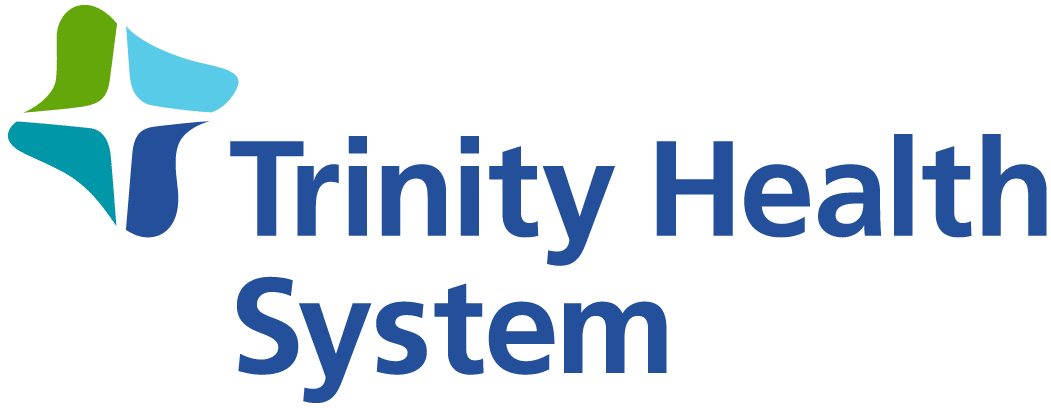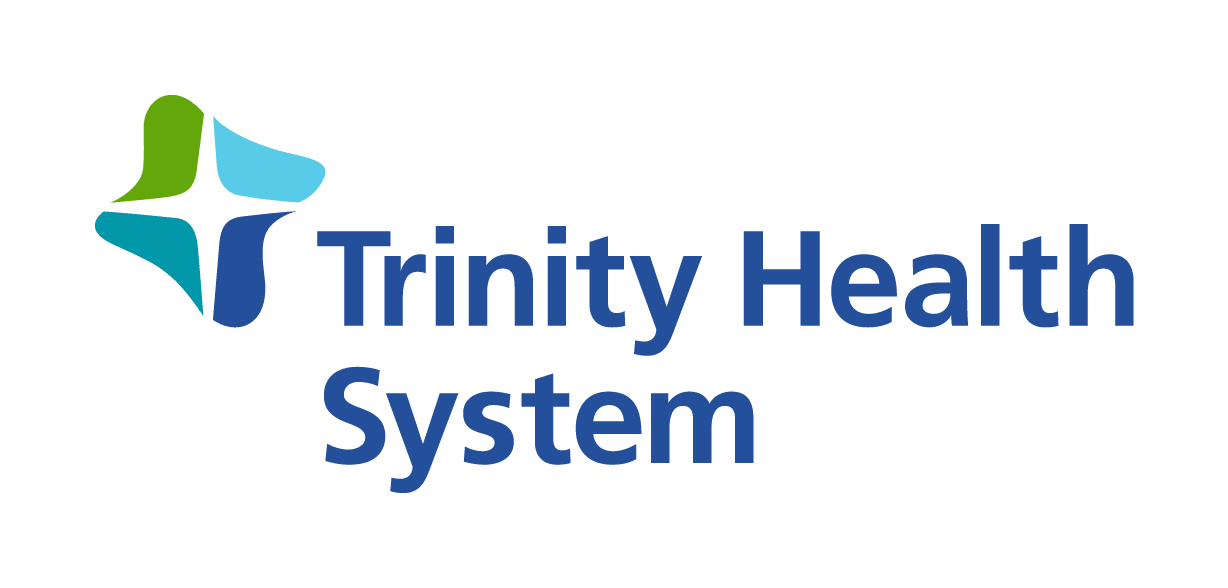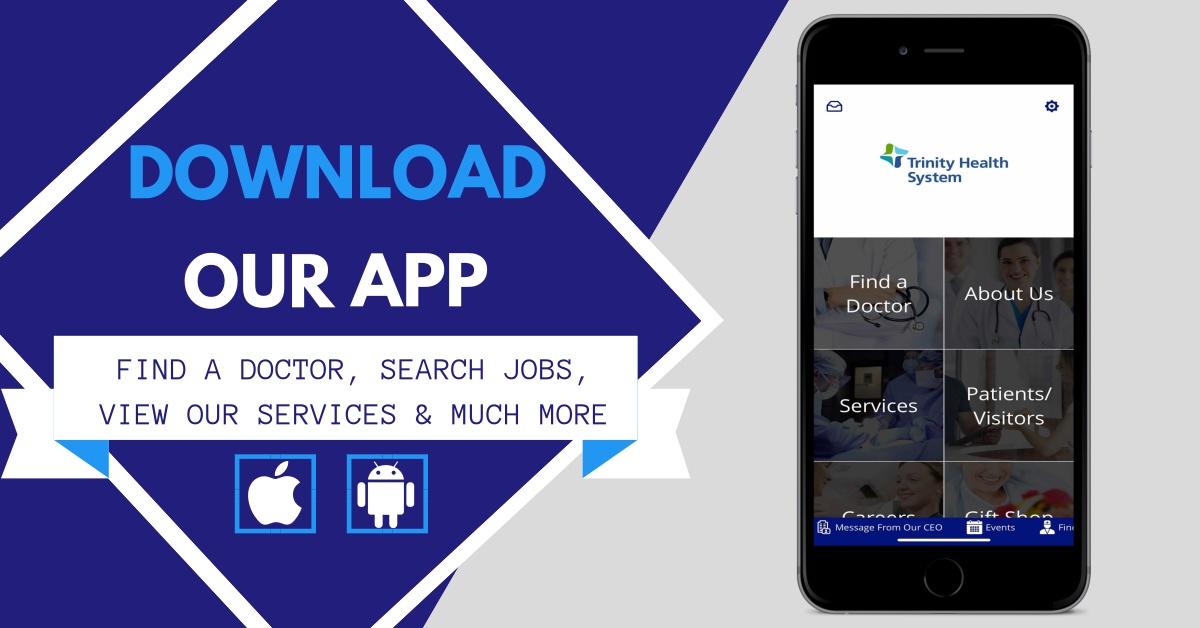10 Common Questions about Heart Attacks Download for FREE now!
Got Chest Pain? What to Do Next:
Some valve problems do not require treatment. This would be the case if, for example, a mitral valve prolapse is not causing any symptoms. Mitral valve prolapse that is causing symptoms can be treated with medications, for example beta blockers if there is rapid heartbeat, or anti-coagulants if the person with MVP also has a history of stroke.
Serious valve problems may require surgery. The repair or replacement of defective valves can be a lifesaving procedure. It is also one that must be carefully discussed with your doctor, based on the risk of surgery and the benefits available from surgery In some cases, medications alone may provide enough relief of symptoms and can be the preferred option. In cases of mitral valve disorders, repair can be an option. The Society of Thoracic Surgeons (STS) says defects of the aortic valve are more likely to need valve replacement. For some patients, minimally-invasive robotic-assisted valve repair or replacement is an option.
There are two general types of valves used in valve replacement:
- Mechanical’s tend to be more durable, according to the STS
- Bioprosthetic (made from animal or human tissue).
Questions to ask your doctor when considering valve replacement:
- Will I need long-term anticoagulants?
- How long will the replacement last?
- What are the benefits of the type of valve you recommend?
- What are the risks?
According to NHLBI, the major risk of prosthetic heart valves is stroke, due to the formation of clots that enter the brain. In general, the risk of stroke is higher for mitral valve replacement than for aortic valve replacement. ATA also says patients who have valve replacement may need to take antibiotics whenever having dental work, and should always tell a doctor about their valve surgery before any anesthesia or surgical procedure.
One of the most important reasons not to delay going to the hospital is the fact that special procedures can limit the damage done to the heart, if they are started soon enough. For example, defibrillators can help restore normal heart rhythm. In addition, what’s called reperfusion therapy can take place that will increase the flow of blood to the heart.
According to NHLBI and the American Medical Association, there are several treatment options that can be used to improve blood flow:
Drugs:
Clot-busting or thrombolytic agents can be injected to dissolve clots and reopen arteries. NHLBI says that clot-dissolving drugs need to be injected within a few hours of the onset of the heart attack. Keep in mind, however, that there are dangers from clot-dissolving drugs including stroke and internal bleeding in the brain, so the type of drug used and the decision to use them depends on the situation and the patient.
Coronary angioplasty or balloon angioplasty – In this procedure, a fine tube, or catheter, is threaded through an artery into the narrowed heart vessel. The catheter has a tiny balloon or other device at its tip, that is used to open or stretch the artery. This is done to improve blood flow, after which the tube is removed.
Stents:
Stents are often inserted during angioplasty to help keep the artery open. A stent may also be used without angioplasty. Basically, a stent is a wire mesh tube that’s permanently inserted into an artery to help keep it from closing up again. Even with a stent, however, an artery can reclose, requiring either another angioplasty or a bypass. NHLBI says this is especially common for people with diabetes or unstable angina. The new re-narrowing is called in-stent restenosis. AHA says the use of stents, coated with drugs to help keep the vessel from closing, can help to reduce this risk. Brachytherapy can also be used, according to FDA. It is a procedure in which radioactive material is placed into the body. After initial opening of the in-stent restenosis blockage with a balloon catheter (PTCA), a brachytherapy device is temporarily placed at the site of the in-stent restenosis. FDA says the radiation treatment prevents an exaggerated healing response at the lesion site and a recurrence of a significant blockage.
Bypass surgery:
In this procedure, a piece of vein is taken from the leg, or a piece of an artery is taken from the chest or wrist, and then attached to the heart artery above and below the narrowed area, thus creating a “bypass” around the blockage. In many cases, besides fixing the artery that is blocked, the surgeon will fix additional arteries on the heart that are starting to look blocked. The number of arteries repaired becomes the name of the procedure. For example, if the surgeon repairs three of the arteries, it is called a triple bypass. If four arteries are repaired, it’s a quadruple bypass. NHLBI says bypass can be the preferred procedure for some patients and is also appropriate when angioplasty hasn’t been successful, or when the blockage can’t be reached by angioplasty. Sometimes, more than one bypass operation is needed. A bypass also can close again. This happens in more than 10 percent of bypass surgeries, usually after 10 or more years. The success of all these treatments depends on how quickly they start after a heart attack begins.
Rehabilitation:
Following or in conjunction with treatments, a patient will also go through a period of cardiac rehabilitation, involving exercise and lifestyle changes. The success of rehab is dependent on the extent of the damage, and on a patient’s ability to make changes and follow through with the advice of their doctor.
Medication:
In addition to physical rehabilitation, your physician may also recommend continued treatment with medication. Recent guidelines from the AHA and the American College of Cardiology say continued treatment with drugs, including ACE inhibitors and beta-blockers, has been shown to reduce the risk of death in patients who have survived a heart attack. The groups also stress the importance of smoking cessation and recommend avoiding secondhand smoke as well. Eating foods high in omega-3 fatty acids and the use of newer antiplatelet agents for patients unable to take aspirin to reduce the risk of blood clots are also among the groups’ recommendations.
Other ways to reduce the risk of further heart problems include taking all medicines that have been prescribed by your doctor if you have high blood pressure or high cholesterol. In addition, if you have diabetes, it is very important that you follow all recommendations of your doctor in order to maintain your blood sugar within the normal range.



